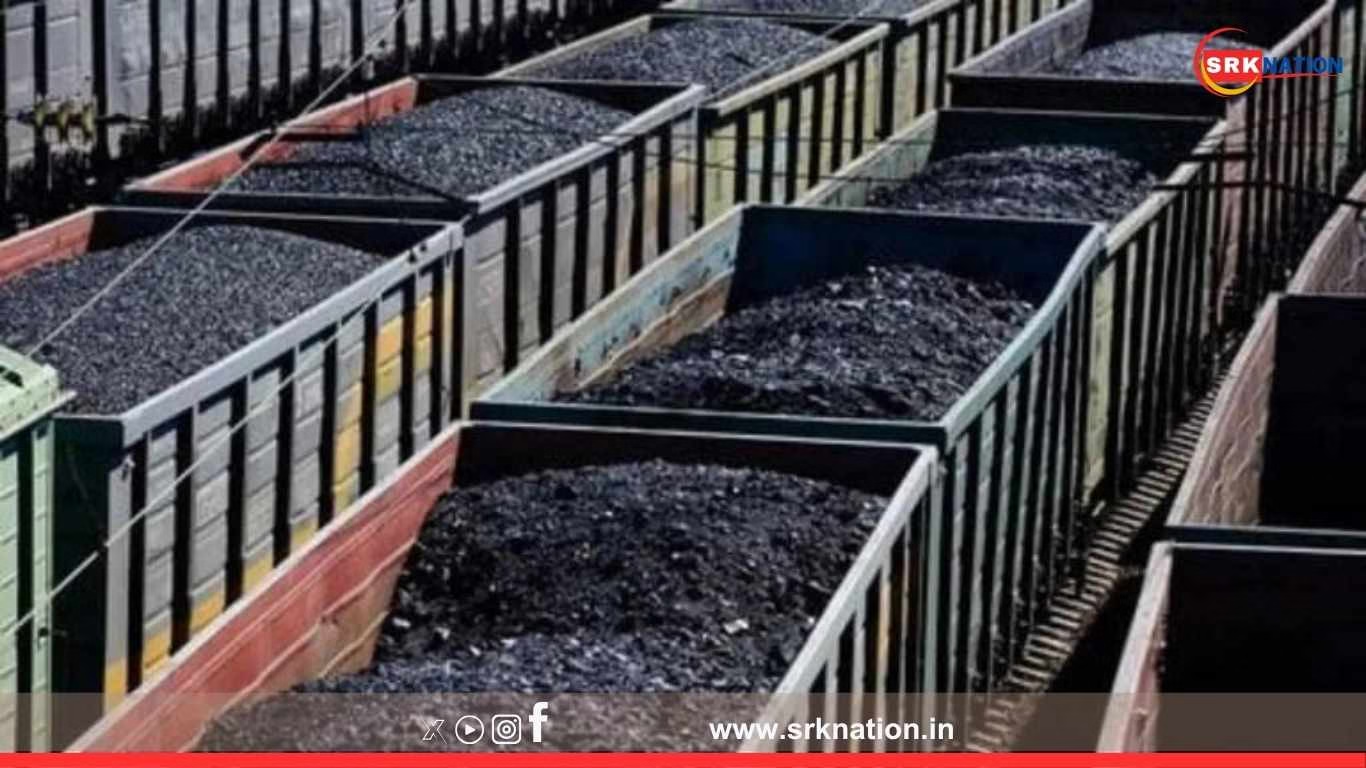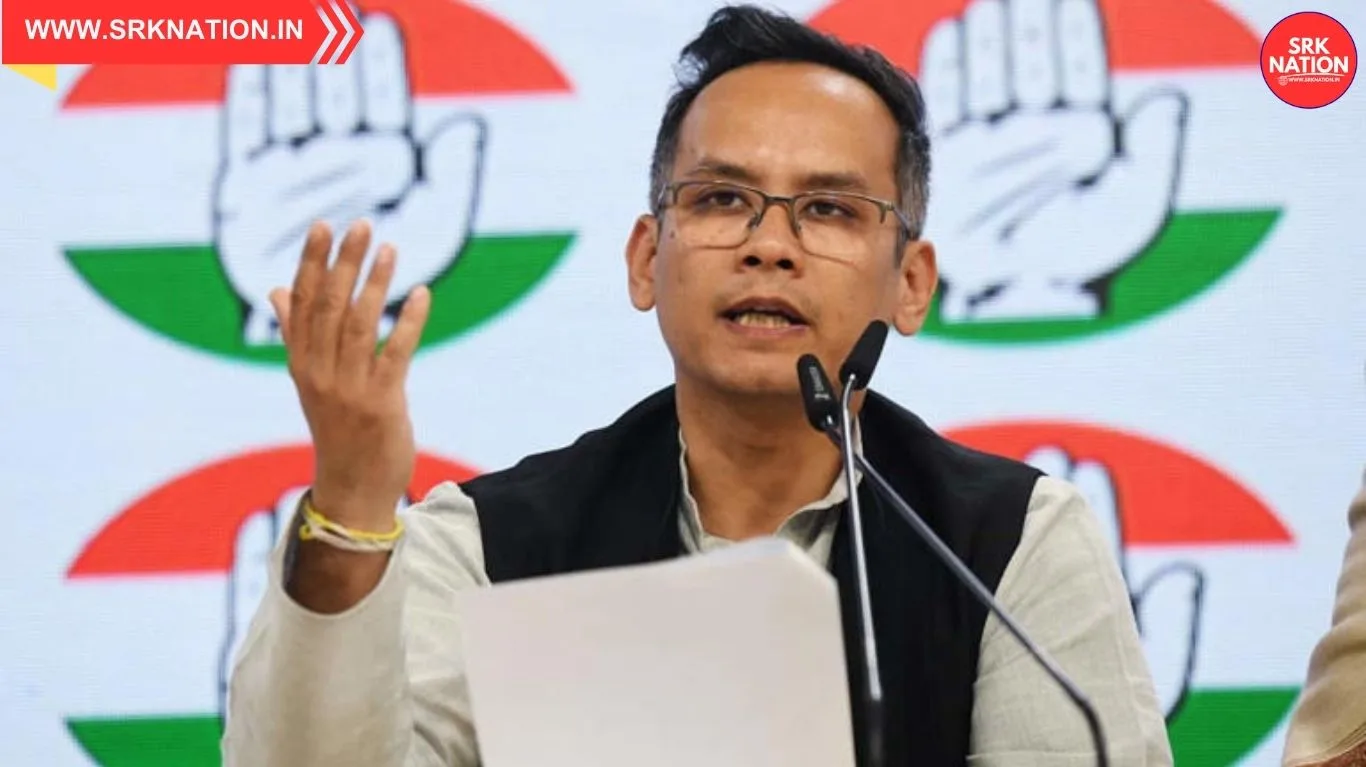A major controversy has erupted in Meghalaya after state authorities claimed that 4,000 tonnes of coal, reported missing from a designated storage site in the state’s South Garo Hills district, may have been “washed away by rainwater into Bangladesh.” The explanation, offered by a senior Meghalaya minister during a press briefing, has triggered widespread political backlash, public disbelief, and a fresh wave of scrutiny on the illegal coal mining and transportation ecosystem in the state.
The missing coal episode reignites the long-standing debate around unregulated coal mining, environmental mismanagement, and cross-border smuggling in Meghalaya, a state historically entangled in contentious coal extraction practices, especially in the form of banned rat-hole mining.
Coal Disappearance and Minister’s Explanation
According to officials, the 4,000 tonnes of coal were part of an “officially inventoried stock” seized from illegal mining activities and stored under security surveillance. When the Meghalaya State Pollution Control Board and revenue officials recently conducted an inspection of the site in question, they found that the entire volume had mysteriously vanished.
In a media interaction, the concerned minister, without naming any party responsible, stated:
“Due to incessant rainfall and river flooding in the area, the coal stock might have been washed away across the border into Bangladesh.”
This remark sparked a public uproar, with opposition parties, environmentalists, and citizens mocking the claim and demanding an independent investigation. Critics are questioning how thousands of tonnes of coal, a dense material typically stored away from river courses, could disappear without any record, especially under alleged government watch.
Overview of the Missing Coal Incident
| Incident Details | Information |
|---|---|
| Total Coal Missing | 4,000 tonnes |
| Location | South Garo Hills, Meghalaya |
| Estimated Value | ₹8 crore to ₹12 crore (based on grade) |
| Claimed Cause | Washed away by rain into Bangladesh |
| Official Responsible | Meghalaya Revenue/Transport Ministry |
| Opposition Reaction | Demanded CBI or judicial probe |
| Border Proximity to Storage Site | Less than 4 km from Indo-Bangla border |
| Coal Origin | Confiscated from illegal mining |
Cross-Border Implications
South Garo Hills shares a porous and often poorly monitored border with Bangladesh, across which smuggling of natural resources — including coal, limestone, and forest products — is an ongoing concern. The minister’s claim inadvertently pointed to a cross-border consequence of local environmental mismanagement and potential administrative failure.
Security experts and retired border officials argue that it is implausible for such a heavy commodity to be swept away unnoticed unless there was a combination of deliberate negligence, poor storage infrastructure, and possible collusion with smugglers.
Political Reactions: Demands for Transparency and Probe
Opposition leaders, particularly from the Trinamool Congress, Congress, and regional parties, have criticized the state government’s explanation as a “cover-up for a major coal theft racket.”
The Leader of Opposition alleged:
“Either this is a blatant attempt to mislead the people, or it’s a shocking example of administrative incompetence. Coal doesn’t just float away like paper. Someone must be held accountable.”
Several legislators are demanding a CBI or judicial investigation into the matter, stating that this incident is likely just the “tip of the iceberg” in a much larger coal smuggling operation that has persisted in the state despite the National Green Tribunal’s ban on unscientific coal mining practices since 2014.
Meghalaya’s Troubled History with Coal Mining
Meghalaya has long faced criticism over its lax enforcement of mining laws and disregard for environmental concerns. Despite multiple bans by the National Green Tribunal (NGT) and Supreme Court directives, coal mining — particularly in the rat-hole format — has reportedly continued in many pockets of the state, often under political patronage.
| Key Events in Meghalaya’s Coal Mining Controversy |
|---|
| 2014 – NGT bans rat-hole coal mining in Meghalaya |
| 2018 – Supreme Court allows conditional coal transport |
| 2019 – 15 miners die in a flooded illegal mine |
| 2020–2024 – Multiple reports of illegal mining resume |
| 2025 – 4,000 tonnes go missing, raising fresh alarm |
Environmental groups have also alleged that despite policy changes and public declarations, coal mining has continued unabated, aided by weak enforcement, politically-linked contractors, and insufficient community rehabilitation alternatives.
Environmental Risks and Flooding Pattern
Environmentalists warn that even if the washed-away theory has a grain of truth, it represents a critical lapse in environmental management. Coal stockpiles near rivers or flood-prone areas risk contaminating entire ecosystems, including drinking water sources and agricultural land, especially when coal particles mix with floodwaters.
Furthermore, experts from environmental watchdogs claim there is no scientific precedent that supports the idea of thousands of tonnes of coal being carried away by natural rain runoff unless storage design was flawed, terrain slope was extreme, or coal was deliberately allowed to roll downhill.
Public Outcry and Social Media Mockery
Social media users have widely ridiculed the minister’s claim, with hashtags like #CoalVanished, #CoalToBangladesh, and #RainwashedScam trending across platforms. Memes, cartoons, and parody videos mocking the scenario of coal floating down rivers into a neighboring country have gone viral.
Citizens’ groups and RTI activists have started campaigns to obtain documents, inspection reports, and video evidence from the alleged storage site to cross-verify the minister’s claims.
Government’s Next Steps: Committee Formed
Facing mounting pressure, the Meghalaya government has announced the formation of a high-level committee to investigate the disappearance of the coal and review storage practices across all coal stocks in the state.
The state also intends to engage environmental auditors and possibly satellite mapping experts to determine whether the coal was truly displaced by floodwaters or if records were manipulated.
Meanwhile, the Border Security Force (BSF) has been asked to closely monitor riverine routes along the Indo-Bangladesh border for any suspicious coal movement.
Conclusion: A Litmus Test for Meghalaya’s Governance
The missing 4,000 tonnes of coal have once again brought Meghalaya’s troubled coal economy under national spotlight. Whether it was truly washed away into Bangladesh by floods, or whether it was a case of deliberate theft disguised as a natural event, will be determined by the transparency and seriousness of the upcoming investigations.
For Meghalaya, this isn’t just about coal; it’s a litmus test for governance, environmental accountability, and public trust. As citizens demand answers and political heat escalates, the coal saga is far from over.
Disclaimer:
This news article is based on publicly available information and statements made by government officials and opposition leaders. It does not endorse or accuse any entity but aims to present a factual account of events. Readers are advised to follow official sources for final updates.











